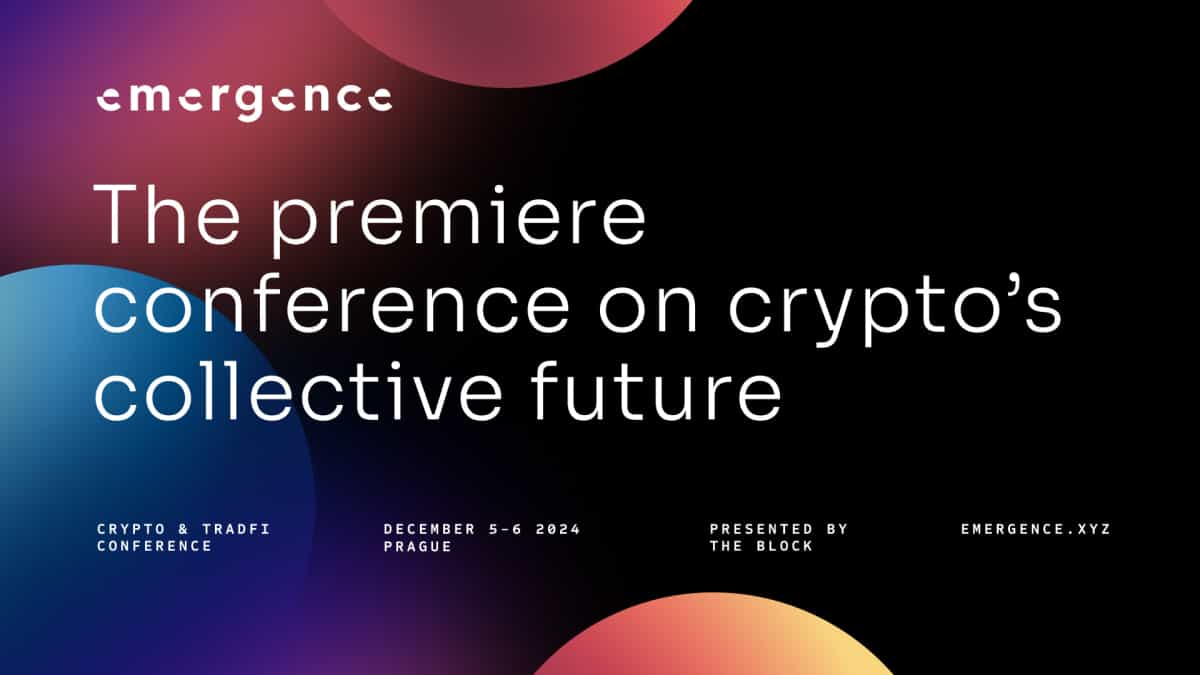Vitalik takes on Roubini in Seoul to defend crypto's offer of anonymity and social change

Quick Take
- NYU professor and crypto skeptic Nouriel Roubini tells the Deconomy Conference in South Korea that digital assets are “more centralized than legacy financial systems” and true privacy is impossible
- Ethereum’s Vitalik Buterin hints that networks are more centralised than he would like – and could be worsened by sharding.
- However, he said true decentralisation was a viable goal and that crypto had forever changed social expectations around privacy.

If you were a crypto enthusiast in Seoul this week, you were almost certainly witnessing the showdown between two of the industry's most recognized faces.
Ethereum co-founder Vitalik Buterin and renowned crypto skeptic, Nouriel Roubini went head to head at the Deconomy Conference in South Korea yesterday in front of over 1,000 people to discuss the true value of digital assets.
If you weren't fortunate enough to be in Seoul, however, we've rounded up the key points of debate at the much-awaited event.
Can crypto really bypass governments?
Governments and regulators will eventually take over, according to Roubini. Least likely of all is the survival of the anonymity ideal and the prospect of "Swiss bank accounts", he said.
"The reality is that this space is not going to be anonymous. Even in countries like Argentina, Venezuela, if you have a kleptocratic government that wants to take over your wealth, they're going to make sure that all that stuff is registered and if they want to tax you or exploit your crypto wealth, they're going to do it as well as in the legacy financial system," Roubini said.
"Fully anonymous cryptocurrencies are not going to pass.”
Vitalik's stance was that whether crypto can survive government interference or not, it has created new social expectations around privacy that authorities will have to adapt to.
"Even if cryptocurrency ends up going nowhere, one positive social impact I think it could have is that...people get used to the idea that they expect their money to have privacy," said Vitalik. "I think that could put a lot of socially positive pressure on CBDC developers around the world to have those concerns in mind and make sure their systems do preserve people's privacy to the extent that people find their reason more acceptable."
He also placed his faith in the prospect of at least enhanced anonymity in ZK-SNARKs, the privacy technology leveraged by the likes of Zcash.
Can crypto be truly decentralised?
Here, the true debate was over the future of decentralisation, with both sides finding common ground over the current state being less than ideal.
"There is massive centralisation among the miners, it's becoming oligarchical," Roubini argued. "You have massive centralization of exchanges...You have centralisation of wealth...There's also centralisation among the developers."
He concluded: "There is this myth of centralisation"
Vitalik, however, pushed back, expressing his concerns about the centralization of payment platforms in traditional finance.
"I do worry what is going to happen if we end up kind of moving on a mass centralized online payment platform and everything is happening through like Apple Pay and WeChat Pay and Facebook Pay and we just have these information gathering till points."
He added: "Sharding is something that I would even claim actually potentially increases decentralization...[as] you would have to verify fewer transactions."
But, he said, crypto has not reached its ultimate endpoint and is still under development. There is still hope, in short.
"Even the decentralized exchanges, that's the game that's recently changed already." He noted that true adoption is "something that is going to be reached in the next couple of years and you know when that happens, I think it's genuinely going to be a very different game."
Verdict?
Roubini, although met by boos on stage, was defiant. Many of his points certainly make sense in the current moment. However, Roubini comments on cryptocurrency as if it is a finished product.
The Block's CEO Mike Dudas, who watched the debate, reflected that overall "Nouriel makes some very strong points about the lack of current cryptocurrency and blockchain applications. Unfortunately, he looks at the crypto ecosystem on a look-backward basis, while Vitalik views it on a look-forward basis. As history has proven time-and-time again, particularly when the finest engineers in the world are involved, past performance is not indicative of future performance."
This post has been updated to clarify Vitalik’s concerns about centralization in traditional finance
© 2023 The Block. All Rights Reserved. This article is provided for informational purposes only. It is not offered or intended to be used as legal, tax, investment, financial, or other advice.



